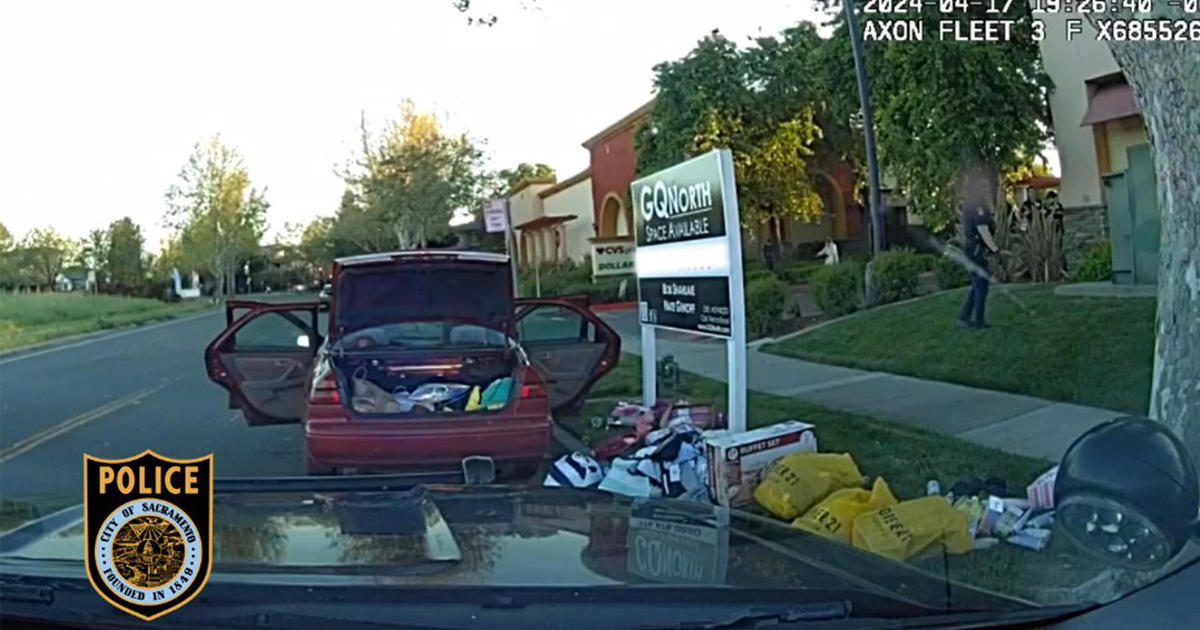CBS13 Uncovers Sex Offenders Who Have Slipped Their Monitoring Devices
SACRAMENTO (CBS13) — In recent months, dozens of parolees have disappeared from the California Department of Corrections' radar, CBS13 has learned.
A parole agent supervisor told CBS13 that police are usually able to track down offenders who disarm their monitoring devices within 24 hours. But we found several in the area who have avoided police for much longer.
The danger of parolees slipping surveillance has been in the spotlight recently after two sex offenders allegedly killed four women in Southern California. Reports found that Steven Gordon, 45, and Franc Cano, 27, had left the state together more than once together. The pair had cut off their GPS monitors twice.
While they slipped surveillance previously, police say Cano and Gordon were wearing their devices during some of the alleged murders.
In a search of databases, CBS13 has uncovered just in the last 90 days, eight parolees convicted of sex-related crimes in the region have managed to go off the grid by cutting their contact with police.
"Either they fail to keep their unit charged, or they removed it without permission," said parole agent Doug Eckenrod.
All eight have not been tracked by their ankle monitoring devices for more than 24 hours, while some have been missing for weeks.
"Once somebody cuts off their monitor, if [police] are not on it right away, that person has quite a bit of time to get going," said Christine Ward with the Crime Victims Action Alliance.
Eckenrod says as soon as the device is disabled, the monitoring company paid to track criminals gets an alert, and then they notify law enforcement.
"The technology is very good and the delay is measured in really seconds to a few minutes," he said.
Most of the time, the offender is located that same night, he said.
But the eight cases CBS13 uncovered prove that process often fails.
"At that point the parole is suspended, a warrant is issued for their arrest, and we share that information with our local law enforcement partners, actually all the way to the federal level," he said.
Despite what we found, Eckenrod says the system is one that worked well.
But that still leaves some serious sex offenders who have managed to stay out of reach and on the run.
"For a victim to know that their offender is not being watched is terrifying," Ward said. "A lot of victims think and truly believe that they offender is going to come back."
Eckenrod says offenders who disable their devices can face extra punishment, but it all depends on the offender's crime and how long the escapee stays out of police reach.



